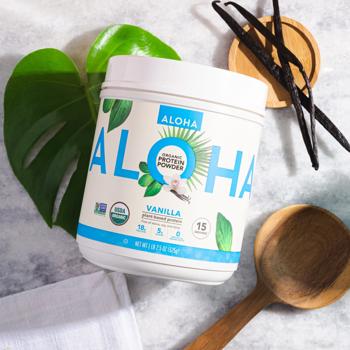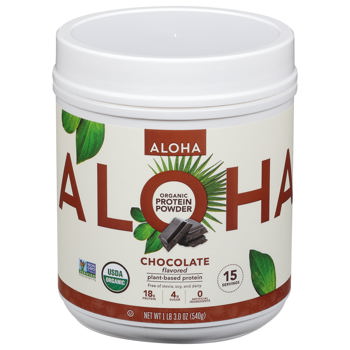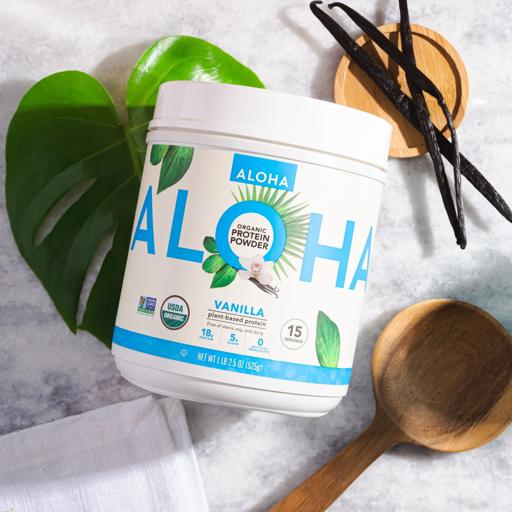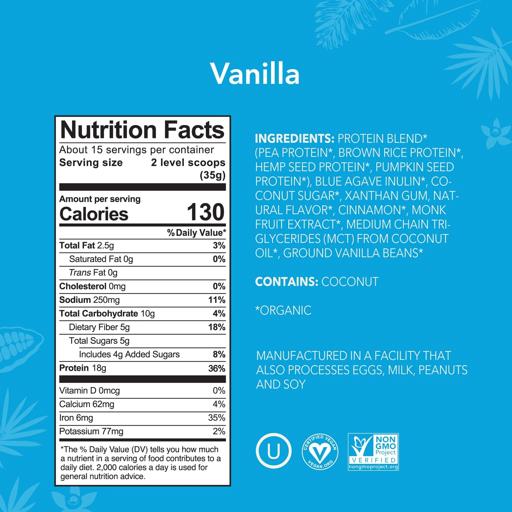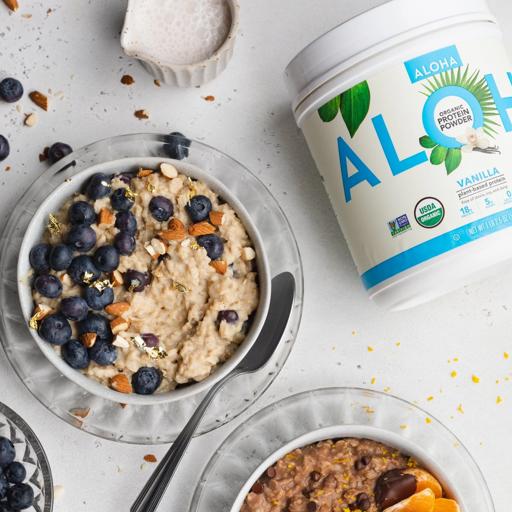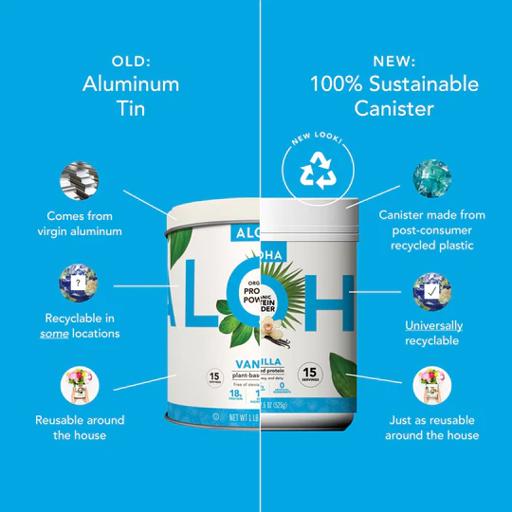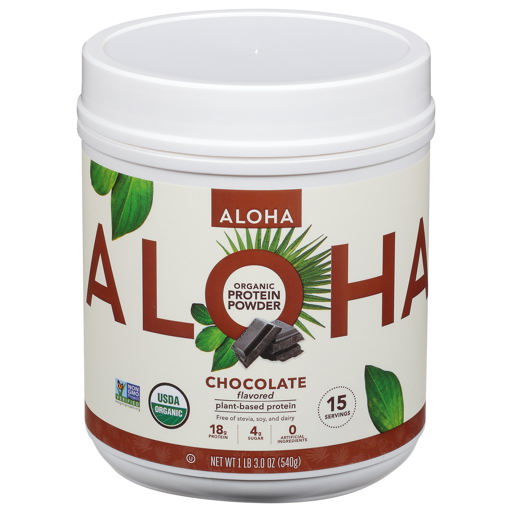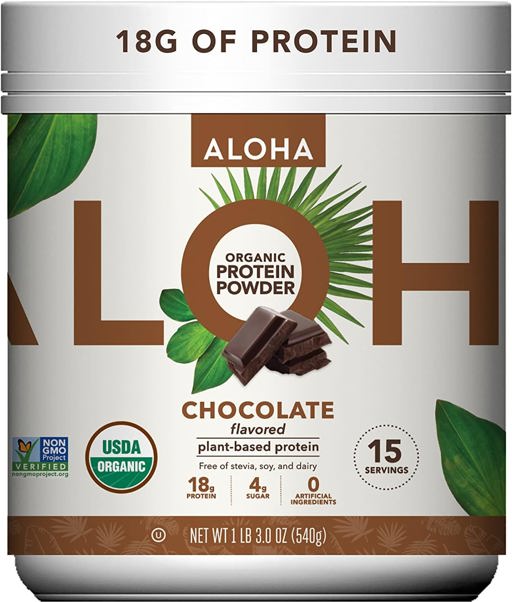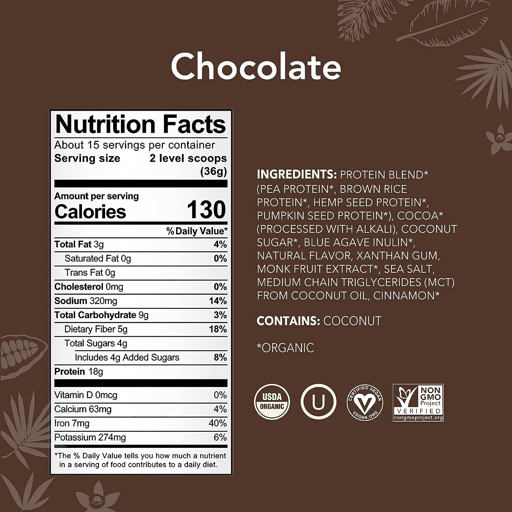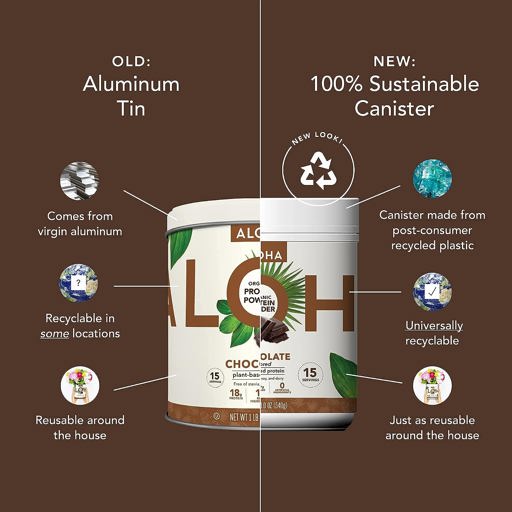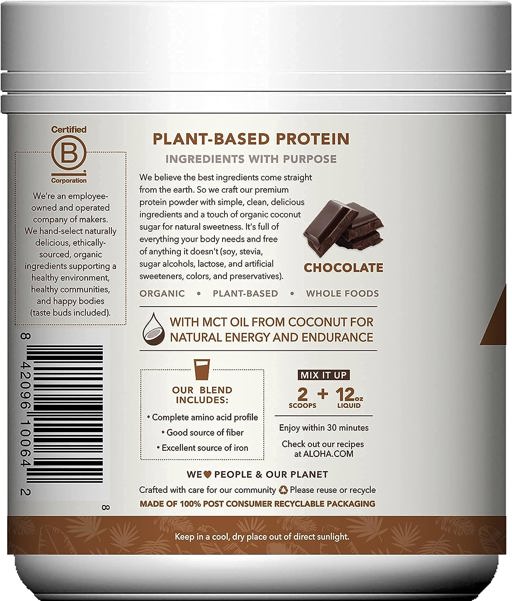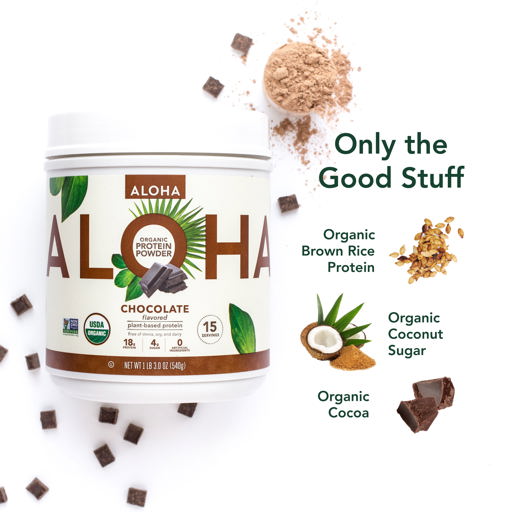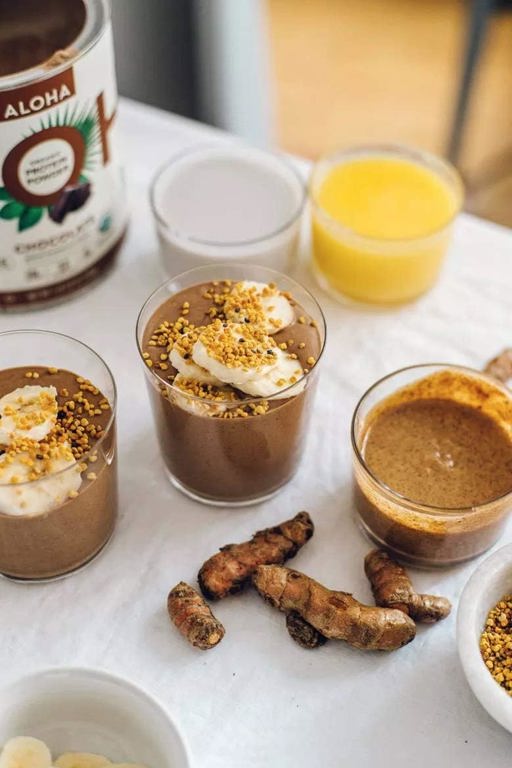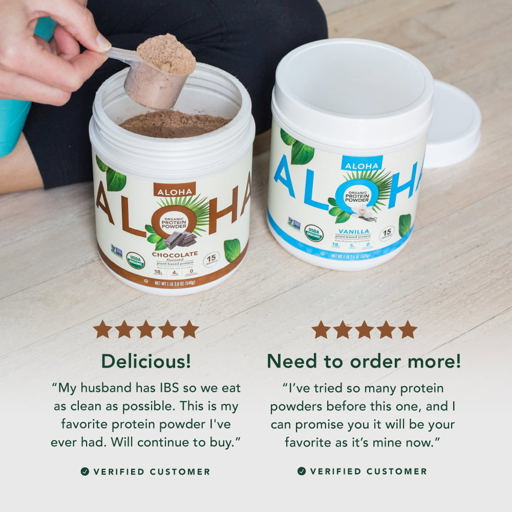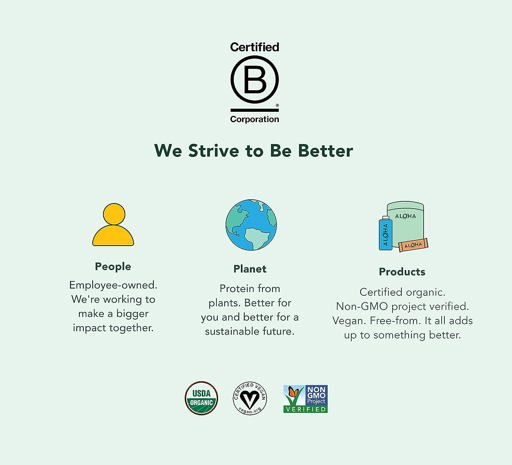Bestsellers for Protein Powders
Vegan Protein vs. Animal Protein

Protein is a crucial macronutrient that helps build muscle, repair tissue, and produce enzymes and hormones. While animal proteins are complete sources, containing all nine essential amino acids, vegan proteins often need to be combined to achieve the same effect. Animal proteins come from meat, fish, eggs, and dairy products, whereas vegan proteins are derived from plants such as legumes, grains, nuts, seeds, and some vegetables.
The primary difference between vegan and animal protein lies in their amino acid profiles and the other nutrients they provide. Animal proteins are generally more similar to the protein found in human muscles, which can make them more readily used for muscle repair. However, vegan proteins come with additional health benefits, such as fiber and a range of phytonutrients that are not found in animal products. Choosing vegan protein can also be better for the environment, as plant-based food production typically requires fewer resources and produces less greenhouse gas emissions compared to animal farming.
Best Vegan Protein Sources for Strength
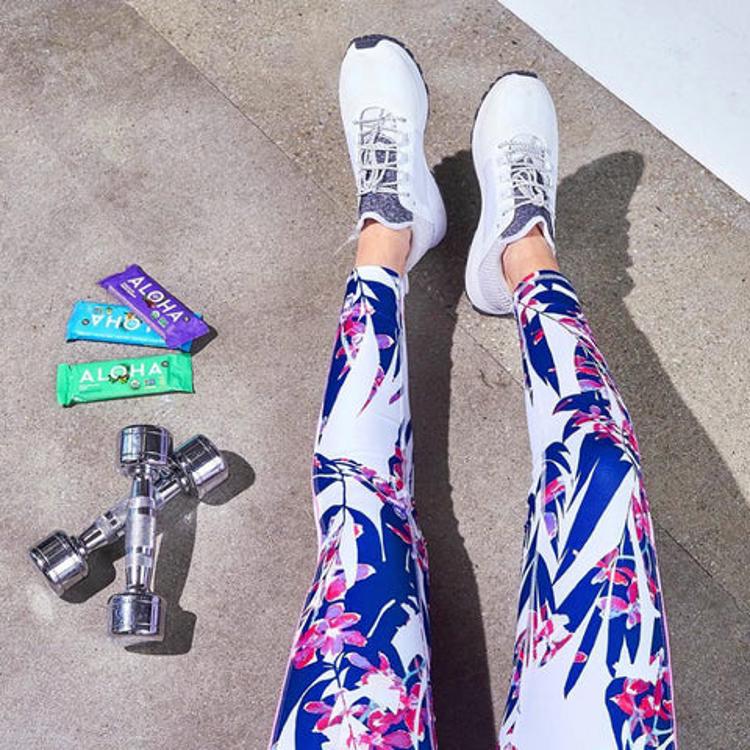
For muscle building, a protein source is considered good if it contains a significant amount of all essential amino acids, which are the building blocks of muscle. Vegan protein sources that are particularly rich in these amino acids include lentils, chickpeas, black beans, quinoa, tofu, tempeh, and seitan. These sources are not only high in protein but also provide additional nutrients like iron, fiber, and magnesium, which support overall health and muscle function.
Including a variety of these protein sources is key to ensuring that one gets a complete amino acid profile. For example, combining beans with rice or hummus with whole-grain bread can provide a complete set of amino acids similar to those found in animal proteins. Furthermore, fermented soy products like tempeh can offer more bioavailable protein, which means the body can use it more efficiently for muscle repair and growth.
Meal Planning Strategies for Strength - Vegan Style

1. Incorporate Legumes in Meals
Legumes such as lentils, beans, and chickpeas are excellent protein sources. They also provide complex carbohydrates and fiber, which help in sustained energy release, making them a staple for strength-focused meal planning.
2. Add Quinoa as a Protein-Rich Grain
Quinoa is a complete protein and a versatile grain that can serve as a base for meals. It pairs well with vegetables and legumes, contributing to muscle-building and recovery.
3. Use Tofu and Tempeh as Main Dishes
Tofu and tempeh are soy-based proteins that are highly adaptable in various recipes. They absorb flavors well and offer a substantial protein punch, important for muscle synthesis.
4. Snack on Nuts and Seeds
Nuts and seeds are not only good sources of protein but also contain healthy fats and micronutrients vital for muscle health. They're perfect for snacks or as additions to meals.
5. Include Protein Smoothies with Plant Powders
Smoothies with vegan protein powder, such as ALOHA's organic plant powders, can be a convenient post-workout meal. They provide a quick and digestible source of protein for muscle repair.
Strength Gains on Vegan Protein
Building strength on a vegan protein diet requires attention to total protein intake and timing. Consuming a variety of plant-based proteins throughout the day ensures a steady supply of amino acids for muscle repair and growth. Post-workout, it's beneficial to include a source of quickly digestible protein, such as a plant-based protein powder. ALOHA's protein powders, which are USDA organic and contain 18g of protein per serving, can be a valuable part of a vegan strength training protocol. They provide the necessary protein and nutrients to support muscle recovery and growth.
Vegan Protein Essentials FAQs

What is a complete protein, and why is it important?
A complete protein contains all nine essential amino acids that the body cannot produce on its own. It's important for maintaining and building muscle tissue, especially after exercise.
How much protein do I need to build muscle on a vegan diet?
The amount of protein needed to build muscle varies depending on individual factors like weight, activity level, and fitness goals. Generally, higher protein intake is recommended for muscle building.
Can plant-based protein powders be as effective as whey protein?
Plant-based protein powders can be as effective as whey protein if they provide a complete amino acid profile and are consumed in adequate amounts to meet protein needs.
How can I ensure I'm getting all essential amino acids from a vegan diet?
By eating a variety of protein-rich plant foods throughout the day, such as legumes, grains, nuts, and seeds, you can ensure you're getting all essential amino acids.
Are there any specific timing considerations for consuming vegan protein for muscle growth?
It's beneficial to consume protein within a window of about 30 minutes to two hours after a workout to support muscle repair and growth.
Can I only use plant-based protein powders for smoothies?
No, plant-based protein powders can be used in a variety of ways, including baking, cooking, and as a supplement to meals to increase protein content.
ALOHA Buying Guide

Protein powders offer a wide range of benefits, from supporting muscle growth to providing a convenient source of nutrition. When choosing a protein powder, there are several factors to consider. First, determine your goals. Are you looking to build muscle, lose weight, or simply improve your overall health? This will help you choose the right type of protein powder for your needs.
Next, consider your dietary preferences. If you follow a vegan or vegetarian lifestyle, opt for a plant-based protein powder. These powders are made from sources such as peas, rice, or hemp, and provide all the essential amino acids needed for muscle growth and repair. On the other hand, if you consume animal products, whey protein is a popular choice due to its high bioavailability and complete amino acid profile.
It's also important to check the ingredient list. Look for protein powders that are organic, non-GMO, and free from artificial additives and sweeteners. This ensures that you're getting a clean and nutritious product. Additionally, consider any specific allergies or intolerances you may have. Many protein powders are available in gluten-free, dairy-free, and soy-free options.
Lastly, taste and texture are important factors to consider. Protein powders come in a variety of flavors, so choose one that you enjoy. Some powders may have a gritty or chalky texture, while others are smoother. Reading reviews and trying samples can help you find a protein powder that suits your taste preferences.
Vanilla Protein Powder
ALOHA Organic Plant-Based Protein Powder is a vegan protein powder with 18g of clean, organic, plant-based protein per pouch. It contains 200mg omega-3s and provides an excellent source of magnesium & iron. It is also USDA Certified Organic Non-GMO, Gluten-Free, Dairy-Free, Soy-Free and Vegan.
The ALOHA Organic Plant-Based Protein Powder is an ideal supplement for those looking to promote lean muscle development. Each pouch provides 18g of clean, organic, plant-based protein alongside 200mg of omega 3s and essential minerals such as magnesium and iron. This vegan protein powder is also certified organic by the USDA meaning it contains no preservatives or artificial ingredients. It is also gluten free, dairy free, soy free and vegan friendly! All these features make the ALOHA Organic Plant Based Protein Powder an easy choice for anyone looking for a healthy source of nutrition.
- Organic and Plant-Based ingredients promote a healthier lifestyle
- The delicious Vanilla flavor adds a sweet touch to your protein shakes
- As it is a Protein Powder, it helps in muscle recovery and growth
- A good source of protein for those on a vegan or vegetarian diet
- At 1.14 Pounds (518g), it provides a good quantity that lasts for an extended period
- Packaging is sturdy and ensures the product remains fresh
- The product is easy to mix with water, milk, or any preferred beverage without forming lumps.
Chocolate Protein Powder
Plant-Based Protein Powder with Organic Chocolate, Keto Friendly, Vegan, Gluten Free, Non-GMO, Stevia Free & Erythritol Free, Soy Free, Dairy Free and Only 4g Sugar.
This Plant-Based Protein Powder is an excellent choice for those looking for a healthy and delicious way to get their daily protein intake. It is vegan and contains no soy or dairy meaning it can be enjoyed by most dietary restrictions. Plus it is keto friendly with only four grams of sugar per serving! It also contains MCT oil giving it a boost of natural energy that will keep you going throughout the day. Finally, this product is free from both stevia and erythritol making it a great choice for those who want to avoid artificial sweeteners.
- Plant-Based: The protein powder is vegan-friendly, making it suitable for those following a plant-based lifestyle.
- Keto Friendly: With MCT Oil included, it is ideal for those on a ketogenic diet.
- Low Sugar: Containing only 4g of sugar, it's an excellent option for people looking to limit their sugar intake.
- Gluten and Soy Free: This product is perfect for those with dietary restrictions as it's free from gluten and soy.
- Dairy Free: Being dairy-free makes it an excellent choice for lactose-intolerant individuals or those avoiding dairy.
- Non-GMO: The protein powder is non-GMO, indicating a commitment to natural ingredients and health.
- Free from Stevia and Erythritol: This product does not contain stevia or erythritol, making it a great choice for those who prefer to avoid these sweeteners.

